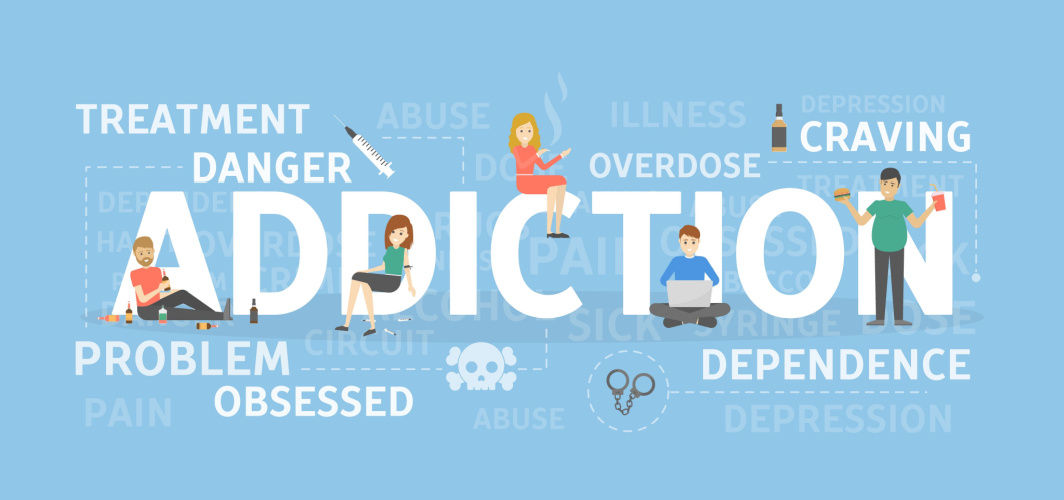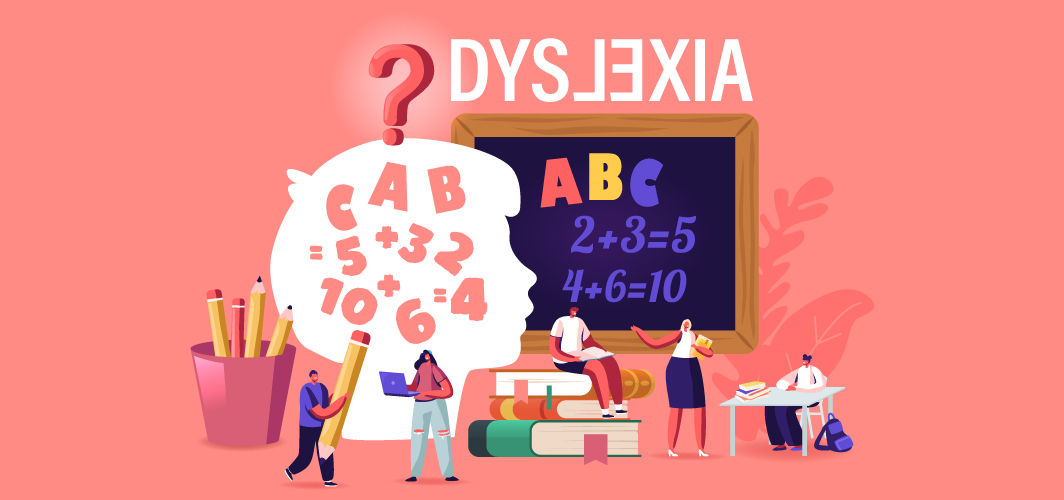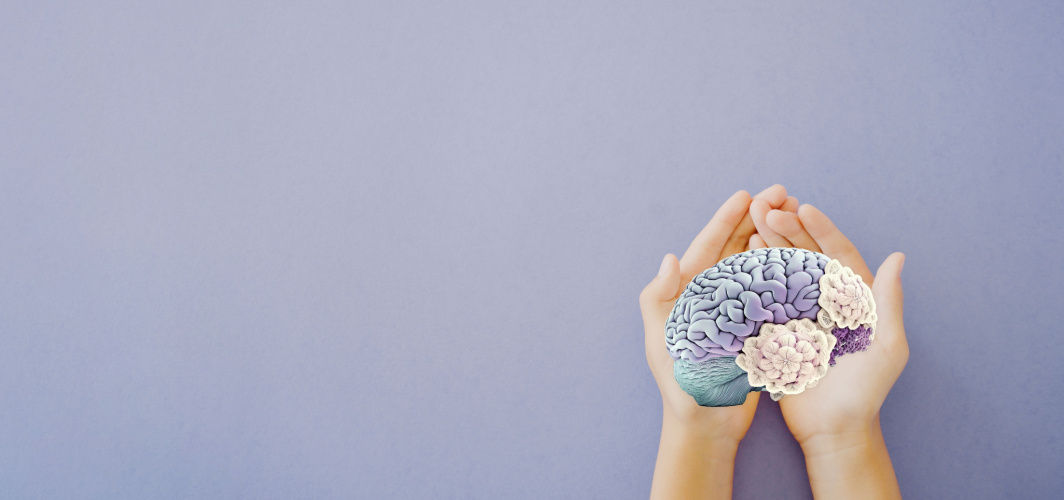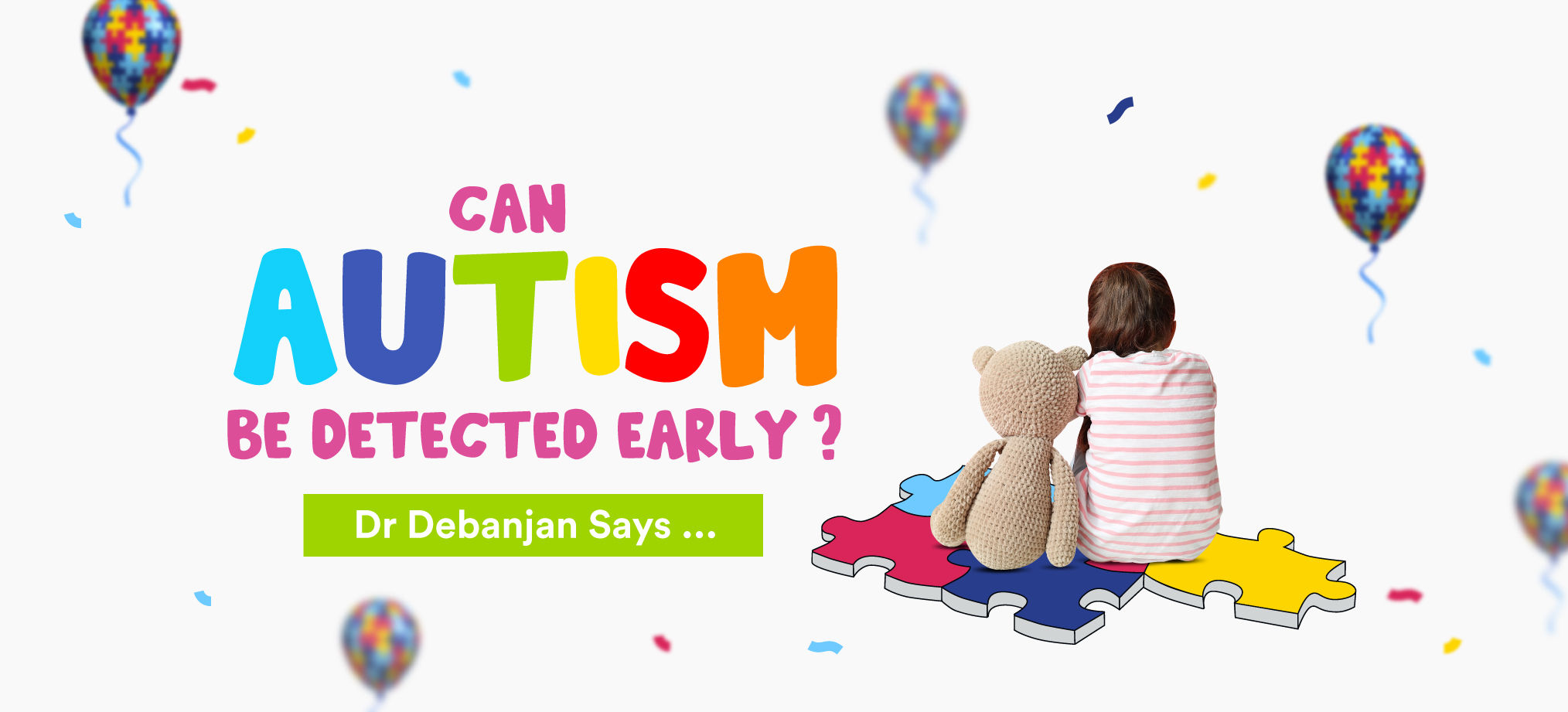Neurology
Five Most Bizarre Addictions That May Affect Your Health
4 min read
By Apollo 24|7, Published on - 15 September 2022, Updated on - 01 November 2022
Share this article
0
2 likes

Addiction is real! The human brain is a complex machine that rewards us with happy hormones every time we indulge in some activities like eating junk food or staying up late playing video games. Though these habits aren’t good for your health, they light up your brain’s reward system, increasing your likelihood of getting addicted to them. Here are five such addictions that can affect your health adversely.
1. Tanning
Yes, you heard us right. Tanning is one of the most common yet bizarre addictions that people tend to develop in the modern world. People end up exposing their skin to harsh sunlight for numerous hours to get the brown shade on their bodies. While it may sound harmless, exposing your skin to the harmful rays of the sun can not only cause sunburn but also increase the risk of skin cancer.

How to counter tanning addiction?
One can look for other alternatives that do not involve UV rays, such as spray tans and lotions to get the tanned look.
2. Social Media
Social media is designed in a way that gets people hooked to it. Many of us often find it difficult to cut our screen time, which can affect both our personal and social life. Addicted people often end up skipping their daily life activities to stay stuck on their screens. This can ultimately make them socially awkward and uncomfortable with people.

How to counter social media addiction?
- Instead of staying stuck to the screen, meet and interact with your loved ones.
- Limit your usage of smartphones and gadgets by allotting a specific number of hours for each one of them. Shut down the devices as soon as you reach the limit.
- Try involving yourself in healthier activities such as running, jogging, or just walking.
3. Plastic surgeries
Addiction to plastic surgeries can be extremely dangerous. It has been seen that people suffering from body dysmorphic disorder (obsessed with physical perfection) often get addicted to plastic surgeries. Even a slight imperfection can start a cascade of surgeries with the ambition of attaining perfect physical features. Getting under the knife every now and then can increase the risk of several medical complications including hematoma, scarring, blood loss, nerve damage, infection, and abnormal blood clotting.

How to counter plastic surgery addiction?
- Stop or minimise seeking affirmation from others.
- Consult a therapist who can understand your problem and help manage it.
4. Thumb sucking
Thumb-sucking is a common trait usually seen in babies. However, it can be a major problem if this childhood behaviour continues into adulthood. People who are having trouble dealing with anxiety and pain, tend to suck their thumbs to draw their minds away from it. People suffering from this addiction say that it helps in calming them down by acting as an escape. Persistent thumb sucking can cause lisping, speech impediment, and affect the alignment of your teeth.

How to counter thumb-sucking addiction?
- Cover your thumb with fabric or a foul substance.
- Chewing gum can distract you from sucking on your thumb.
- Keep your hands busy with toys or stress balls.
5. Caffeine
Caffeine addiction can be seen across the world, with coffee and tea being the primary source. If consumed in high amounts, caffeine can increase blood pressure and disrupt the sleep cycle. Too much caffeine consumption can also result in dizziness, headaches, and nervousness.
.jpg)
How to counter caffeine addiction?
- Slowly cut down the intake of caffeinated products. Do not rush into it.
- If you’re trying to cut down your caffeine intake but feel dizzy, try to opt for healthier options such as drinking fresh juice or infused water.
Cessation
Always remember that addiction comes in many forms. Ignoring them by considering them to be just “bad habits” can also prevent you from improving and eradicating these addictions. If you or anyone you know are suffering from any such disorders then it is best to contact your health provider for advice. For expert advice,
Medically reviewed by Dr Sonia Bhatt.
Neurology
Leave Comment
Recommended for you

Neurology
Dyslexia Symptoms & Treatments: Know All About This Learning Disorder
Dyslexia is the most common learning disorder that impacts reading, writing, and spelling skills in kids and young adults. Thankfully, early intervention can help in its management.

Neurology
Surprising Facts About Schizophrenia Explained By A Neuropsychiatrist
Schizophrenia is a severe mental illness where people tend to interpret reality in a distorted and abnormal way. Read to know more about this condition.

Neurology
Understanding Autism: Insights By A Neuropsychiatrist
It is important to raise awareness about autism to reduce the stigma associated with the condition, thus making life easier for the people affected. Read to know more.
Subscribe
Sign up for our free Health Library Daily Newsletter
Get doctor-approved health tips, news, and more.
Recommended for you

Neurology
Dyslexia Symptoms & Treatments: Know All About This Learning Disorder
Dyslexia is the most common learning disorder that impacts reading, writing, and spelling skills in kids and young adults. Thankfully, early intervention can help in its management.

Neurology
Surprising Facts About Schizophrenia Explained By A Neuropsychiatrist
Schizophrenia is a severe mental illness where people tend to interpret reality in a distorted and abnormal way. Read to know more about this condition.

Neurology
Understanding Autism: Insights By A Neuropsychiatrist
It is important to raise awareness about autism to reduce the stigma associated with the condition, thus making life easier for the people affected. Read to know more.